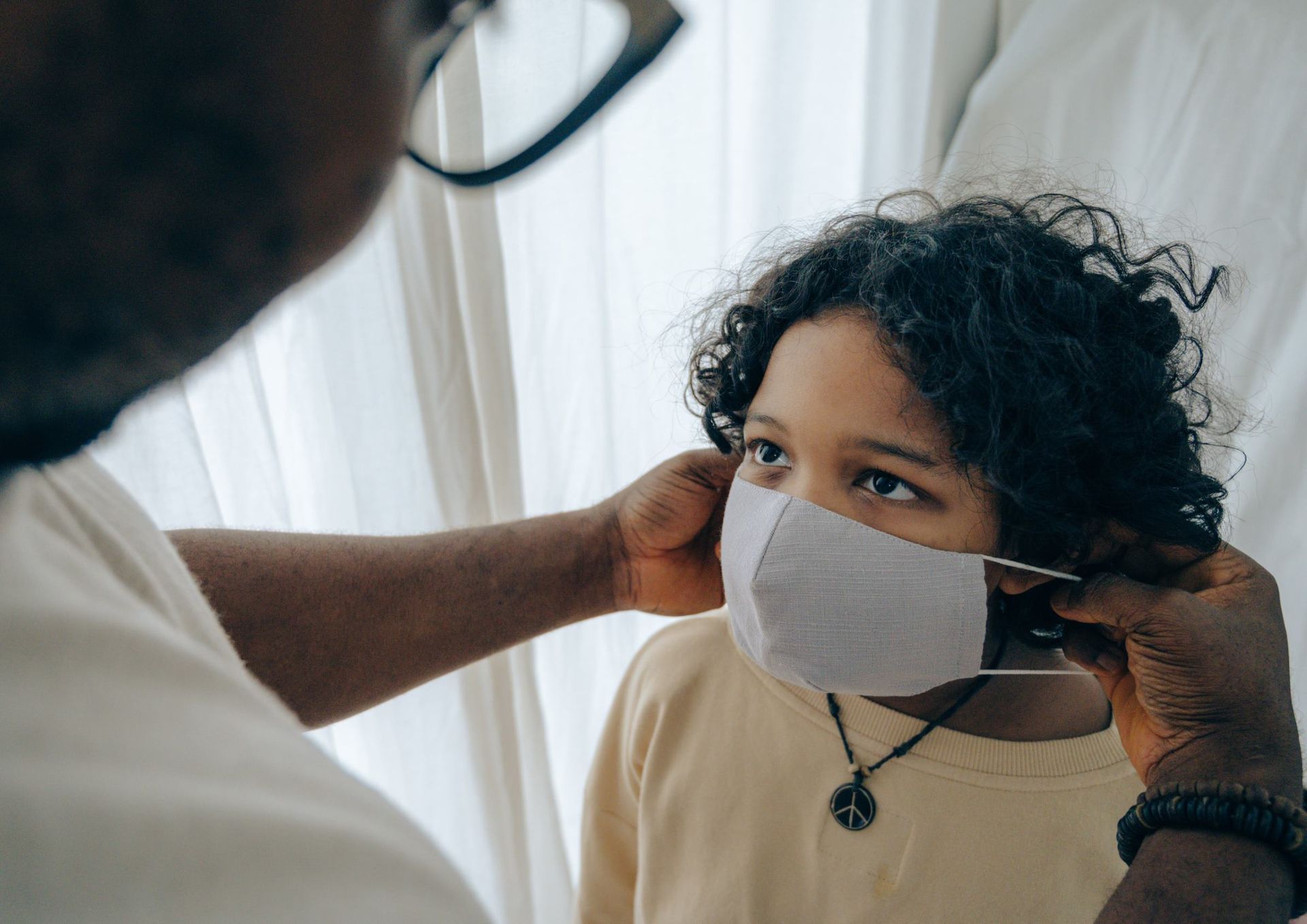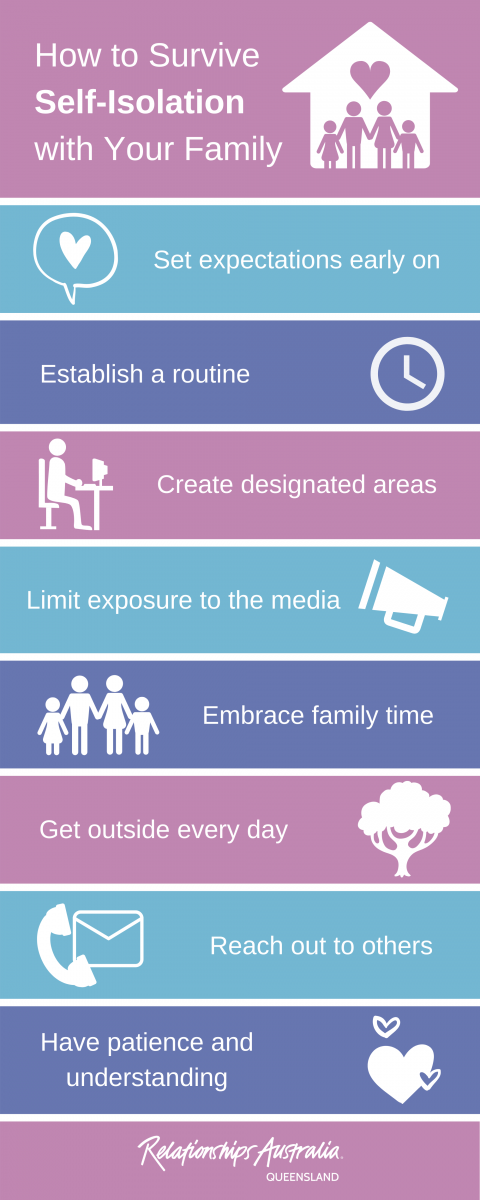For many parents, COVID-19 has added to the stress of already difficult family circumstances.
Your usual co-parenting arrangements might be disrupted by new challenges such as school closures, travel bans, social distancing, mask mandates, and conflicting opinions around vaccinations.
These changes may be causing some uncertainty and anxiety for you and your child.
We hope this information helps if you have questions about COVID impacting your situation.
As always, your child’s safety and best interests should be your main priority.
What can I do if my co-parent doesn’t want our child to get the COVID vaccine?
As the COVID vaccine becomes available to children, disagreements between parents may arise.
If safe to do so, you should discuss your concerns with your co-parent in a calm and respectful manner. This is a difficult time for everyone, so try to approach these conversations with empathy and understanding.
Both parents should refer to the same credible information about the vaccine, and seek professional advice from a trusted GP or specialist immunisation service.
If you’re struggling to communicate respectfully or reach an agreement, mediation services or Family Dispute Resolution (FDR) may be a helpful option.
Our practitioners explain what mediation involves and how it can be beneficial in this blog post: What is Mediation?
Can I take my co-parent to court over the COVID vaccine?
If you’re unable to reach an agreement with your co-parent following mediation or FDR, going to court may be a last resort. This option can be greatly emotionally and financially taxing, so it’s best avoided wherever possible.
Further information, advice or referral to telephone-based dispute resolution services can be found on Family Relationships Online or by calling the Family Relationship Advice Line on 1800 050 321.
I have to isolate and can’t follow our Family Court Orders, but my co-parent is pressuring me to follow them. What should I do?
If COVID-19 health directives interfere with court orders, as a first step, and if it is safe to do so, you should discuss the situation with the other parent to see if you can agree on changes to your parenting arrangements.
If you’ve received written directives to isolate, it may also help to share these with the other parent.
Parents or carers must act reasonably at all times. If a Court Order isn’t followed, the Court will consider whether the person had a reasonable excuse for not complying with Court Orders. A reasonable excuse may include that it was necessary to protect the health and safety of a person.
Every family’s situation is unique, so you may like to obtain independent legal advice from a family lawyer to help you understand your legal responsibilities.
Our orders can’t be followed as one parent/guardian isn’t vaccinated. What should we do?
If you have concerns that you or the other parent can’t follow your parenting orders due to vaccination status, you should seek independent legal advice from a Family Lawyer.
Can the Police enforce our parenting orders if they’re not being followed?
No. State police aren’t able to enforce parenting orders and are unable to get involved unless there are serious safety concerns for the child.
Parenting orders can only be enforced in the Court where they were made. If you’re concerned that a party may have breached a parenting order, your first step should be to engage in mediation and/or seek legal advice.
If you believe your children are in immediate danger, please contact the police in your state on 000.
Helpful Resources for Parents
- Your GP and/or community health nurses may be able to provide support around vaccinations for children/young people
- Parents may want to consider mediation services or Family Dispute Resolution (FDR) if they are unable to agree on vaccinations
- Australian Government: COVID-19 Vaccine Information in your language
- NCIRS: COVID-19 and children: Frequently asked questions
- Raising Children Network: Vaccination Development: a guide for families
- Raising Children Network: COVID-19: family guide
- Raising Children Network: COVID-19 vaccination: pregnancy and breastfeeding
- The Australian Government has official news, information and updates about the pandemic at www.Australia.gov.au
- Go to fral.org.au for some FAQs about co-parenting, looking after yourself, schooling and family law
- If you have questions about how this is impacting family law orders and arrangements or services to assist, go to the Federal Circuit and Family Court of Australia for current updates and FAQs that may assist you
- Further resources for families are available on the Australian Institute of Family Studies website.
We have more tips for co-parenting during COVID here: Co-Parenting During COVID-19



 Karen Marshall is a Psychologist and Clinical Supervisor. She has had extensive experience working in a number of Programs including working with children and families who are under orders with Child Safety, and families experiencing family breakdown and the complexities of separation. Outside of RAQ Karen works in private practice as a Psychologist, Child Consultant, Relationship Counsellor and Supervisor. She also provides Supervision for Psychology Registrants. Karen has written Curriculum on Supervision for the Australian Centre for Grief and Bereavement.
Karen Marshall is a Psychologist and Clinical Supervisor. She has had extensive experience working in a number of Programs including working with children and families who are under orders with Child Safety, and families experiencing family breakdown and the complexities of separation. Outside of RAQ Karen works in private practice as a Psychologist, Child Consultant, Relationship Counsellor and Supervisor. She also provides Supervision for Psychology Registrants. Karen has written Curriculum on Supervision for the Australian Centre for Grief and Bereavement.





